Description
Low Stock Blowout – Only 18 Pounds Left!
Doi Pangkhon Washed comes to us from coffee producers in the Doi Pangkhon community in the Chiang Rai province of Thailand. The community includes around 300 households, each typically producing 1–2 tons of parchment coffee each year. Producers here grow Catuai and Typica varieties alongside the local Chiang Mai variety and SJ133 variety coffees that are common across the country’s coffee growing regions.
This coffee was sourced from Beanspire Coffee. Beanspire began working with coffee producers in Doi Pangkhon in 2015, initially guiding each producer’s wet processing individually and purchasing their parchment coffee ahead of milling and grading at Beanspire’s dry mill. During the 2017/18 coffee year, Beanspire invested in a wet mill in Doi Pangkhon operated by the Merlaeku brothers—Apae, Asor, Nat, Amae, and Bas, members of the Akha ethnic group—and have continued investing in and improving the mill each season since. These improvements have included updating the mill’s pulping machines, adding a roof and concrete floor, building an onsite cupping lab for producers, and improving workflows and processes.
Tasting Notes: A good daily drinker with an exotic spin. These beans pull a bit of what I would consider the European style spice notes. A bit peppery, a bit herbal, different but very tasty. Lighter roasts will show some lemony acidity with stronger more herbal spice notes, comparatively to the other Thailand offering, think Kenya but a little milder. A little chocolate undertone but it’s pretty overwhelmed by the spice notes. Holds up light roasted industry wise (a nice clean cup) but most will enjoy it a bit more medium to dark. Easier to drink medium roasted; smooth and more delicate with some balanced acidity. Dark roasts are much more robust and lower acidity, a good switch up between the two roast points for daily drinking.
Roasting Notes: Pretty easy bean to roast, even roasting with medium to low chaff, we liked to get some development past first crack for lighter roast points, a little sheen for medium and hints of oil for dark. The lighter you take it the more exotic & herbal the tones get. Letting it setup a couple days really improved the smoothness of the cup.
Coffee farming is a relatively new industry in Thailand, and one that is proving to be attractive to young entrepreneurs. Thailand’s current coffee history dates back to the 1970s, when an opium eradication project started by the King of Thailand introduced the first coffee trees to the area. Efforts to reforest degraded land and introduce coffee and other crops to replace illicit cultivations proved extremely successful. Farmers’ mountain properties today are flourishing, with many of the original planted varieties thriving in healthy production.
Beanspire’s co-founders, Fuadi Pitsuwan and Jane Kittiratanapaiboon, are part of the young generation moving the Thai coffee industry forward. Thailand is unique as a coffee producing country; the country’s specialty cafe and roaster scene is thriving, and domestic consumption demands regularly outpace the country’s production volume. Only around 5% of Thailand’s specialty coffee is exported each year, while the rest is enjoyed by Thai coffee drinkers. This means that the coffees selected for export by the team at Beanspire are each chosen to share the work of Thai coffee producers with a global audience, providing a glimpse into the growing specialty coffee revolution happening in the country.
Beanspire mill is one of the most advanced in Thailand, with a destoner, huller, and a gravity table for density sorting. Jane and Fuadi have built Beanspire to produce quality from the outset, passing all coffee through density and hand sorting multiple times to ensure quality and uniformity. Coffee is packed in triple layer bags for shipment: cotton bag as outer layer, High Density Polyethylene (HDPE) as middle layer, and GrainPro as inner layer. The HDPE bags help maintain moisture content, thus preserving quality for longer. Our partnership with Beanspire Coffee began in 2019, and we’re proud to continue that partnership in order to share this unique lot of coffee with you.
This coffee underwent a “Kenya-style” Washed process at the wet mill in Doi Pangkhon, building on the double fermentation Washed process common throughout Kenya. Cherries were first pulped before being fermented with no water. The pulped coffee was then wet fermented, before being briefly soaked and fully washed to remove any remaining mucilage. The Washed parchment coffee was then dried on raised bamboo beds for at least 14 days before being moved to a lowland area to finish being dried to the optimal humidity.
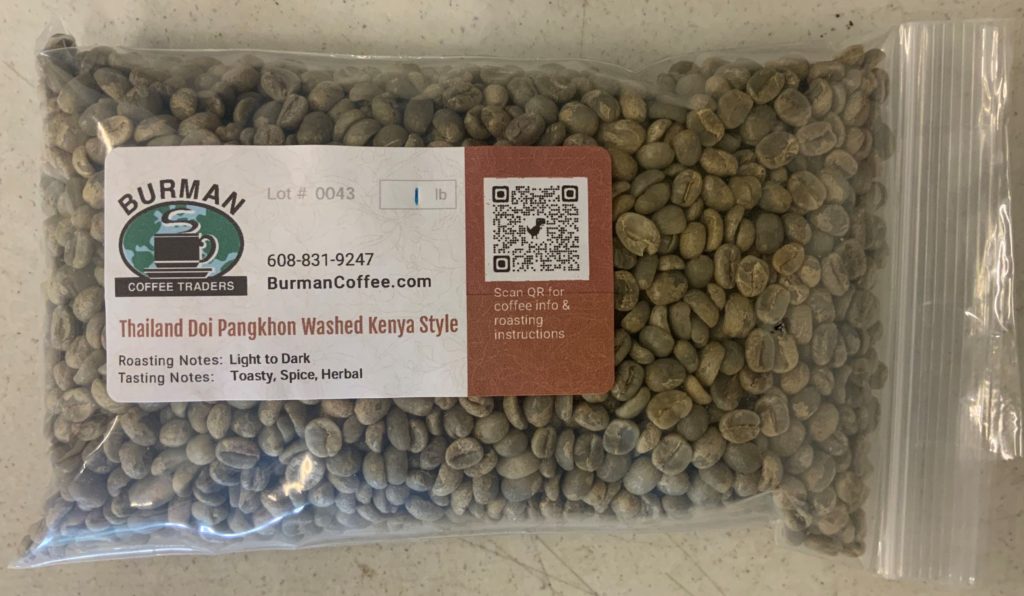
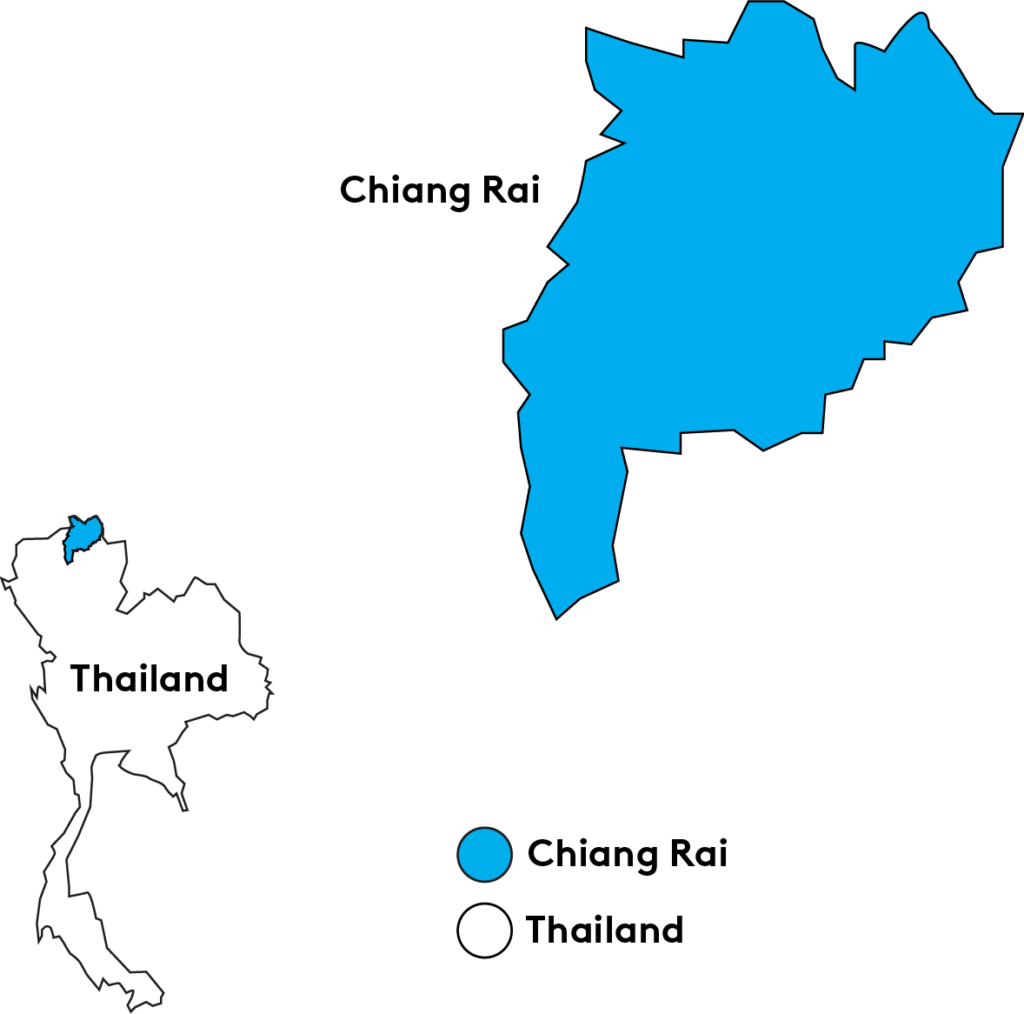
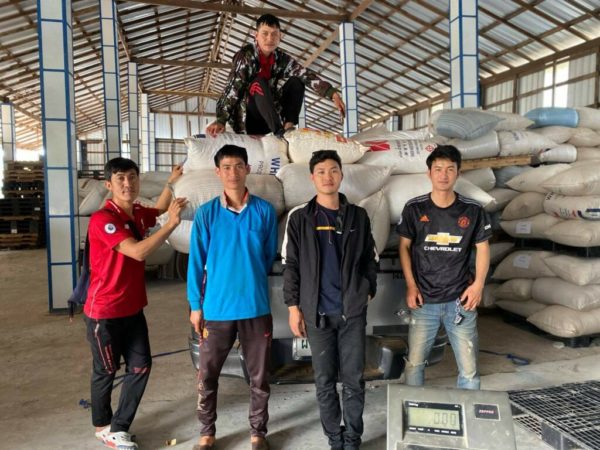
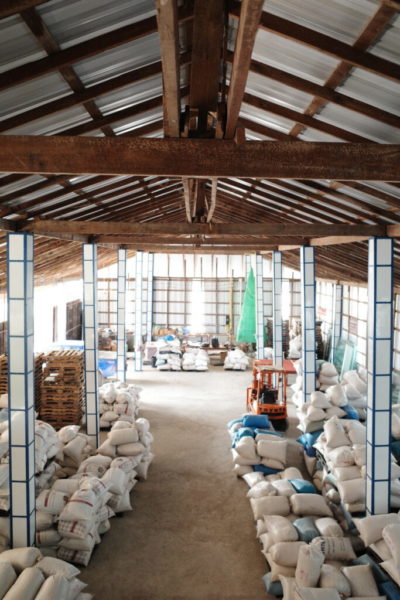
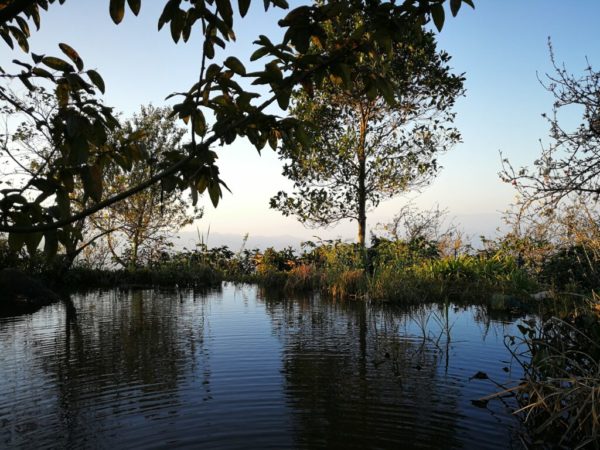
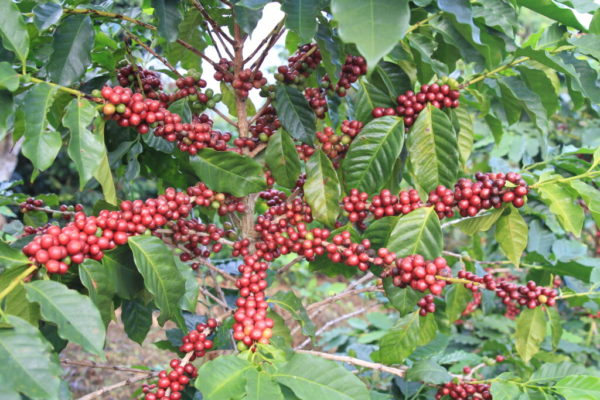
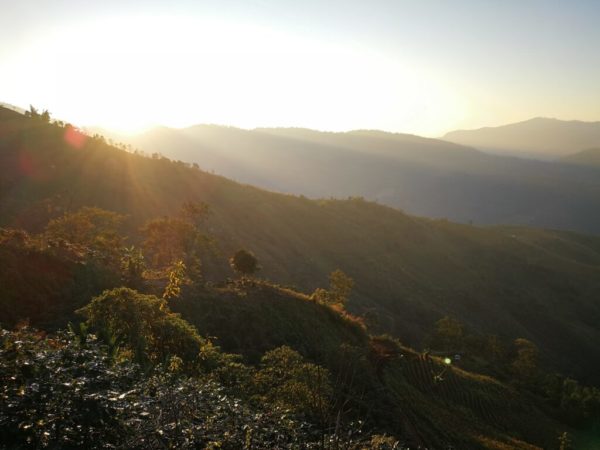
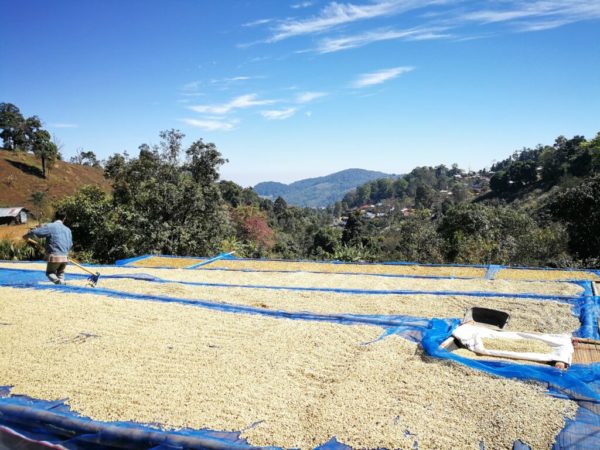
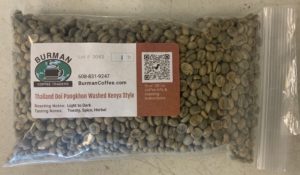
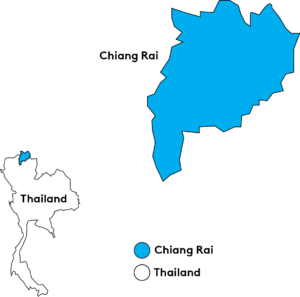
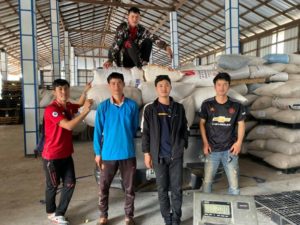
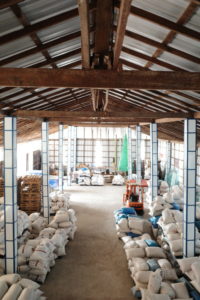
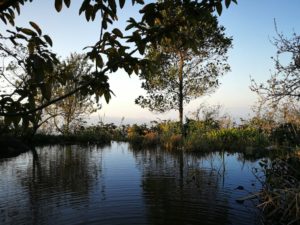
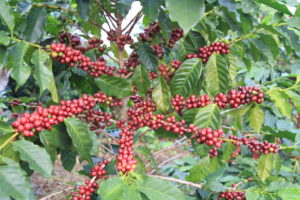
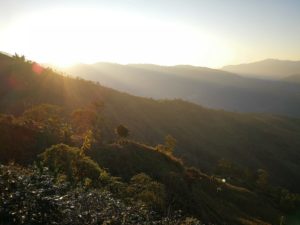
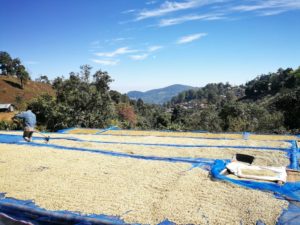
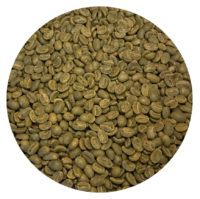
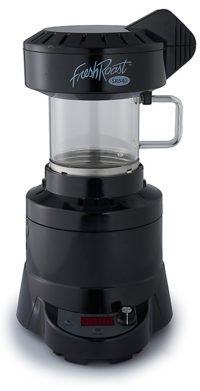
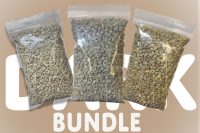
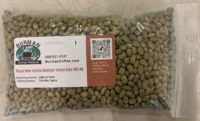

Reviews
There are no reviews yet.